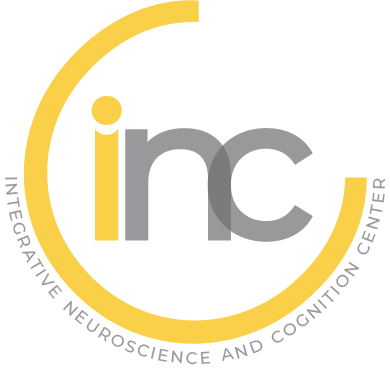Speaker
-
Helene Puccio(IGBMC) Université de Strasbourg - Institut NeuroMyoGene, Université Claude Bernard Lyon
Disruption of the CoQ10 biosynthetic Complex Q causes mitochondrial dysfunction and Ca2+ imbalance in Purkinje neurons in COQ8A-ataxia, by Helene Puccio
Disruption of the CoQ10 biosynthetic Complex Q causes mitochondrial dysfunction and Ca2+ imbalance in Purkinje neurons in COQ8A-ataxia
Summary
COQ8A-Ataxia is a rare form of neurodegenerative disorder due to mutations in the COQ8A gene. The encoded mitochondrial protein is involved in the regulation of Coenzyme Q10 biosynthesis. Previous studies on the constitutive Coq8a-/- mice indicated specific alterations of cerebellar Purkinje neurons involving altered electrophysiological function and dark cell degeneration. In the present manuscript, we extend our understanding of the contribution of Purkinje neuron dysfunction to the pathology. By generating a Purkinje specific conditional COQ8A KO, we demonstrate that loss of COQ8A in Purkinje neurons is the main cause of cerebellar ataxia. Furthermore, through in vivo and in vitro approaches, we show that COQ8A-depleted Purkinje neurons have abnormal dendritic arborizations, altered mitochondria function and intracellular calcium dysregulation. Furthermore, we demonstrate that oxidative phosphorylation is the main altered pathway at pre-symptomatic stages of the disease. Finally, the morphology of primary Purkinje neurons as well as the mitochondrial dysfunction and calcium dysregulation could be rescued by CoQ10 treatment, suggesting that CoQ10 could be a beneficial treatment for COQ8A-Ataxia.
Short Biography
 Dr. Hélène Puccio is a Inserm Research Director and heads a research laboratory focusing on recessive ataxia, a group of heterogenous movement disorders. Since 1998, her laboratory was located at the IGBMC, Strasbourg (France), and she has recently moved her laboratory to the Institut NeuroMyoGène (INMG), Lyon (France). Her research interest focuses on understanding the pathophysiological mechanisms implicated in recessive ataxias linked to mitochondrial dysfunction, discovering disease biomarkers and developing therapeutic approaches. Her team has made significant contributions advancing fundamental knowledge on Fe-S cluster and CoQ10 biosynthesis, pathophysiological pathways involved in Friedreich ataxia and COQ8A-ataxia, and developing novel therapeutic approaches, including gene therapy approaches.
Dr. Hélène Puccio is a Inserm Research Director and heads a research laboratory focusing on recessive ataxia, a group of heterogenous movement disorders. Since 1998, her laboratory was located at the IGBMC, Strasbourg (France), and she has recently moved her laboratory to the Institut NeuroMyoGène (INMG), Lyon (France). Her research interest focuses on understanding the pathophysiological mechanisms implicated in recessive ataxias linked to mitochondrial dysfunction, discovering disease biomarkers and developing therapeutic approaches. Her team has made significant contributions advancing fundamental knowledge on Fe-S cluster and CoQ10 biosynthesis, pathophysiological pathways involved in Friedreich ataxia and COQ8A-ataxia, and developing novel therapeutic approaches, including gene therapy approaches.
Team’s web site
